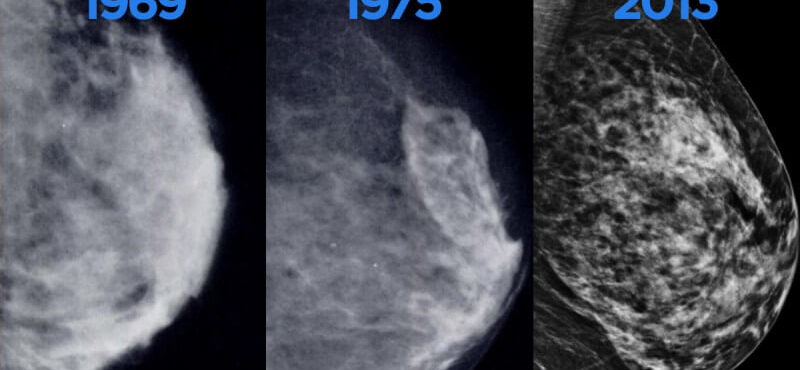
4 Essential Benefits of Getting a Mammogram
Are the benefits of a mammogram worth the discomfort? It can be painful and sometimes inaccurate, but studies and patient testimonials suggest that its downsides don’t overshadow its upsides. Before you turn down a mammogram, you may want to consider its 4 important benefits first.
Detects Breast Cancers Early On
For those who are asking this question: What is a mammogram? In simplest terms, it’s an x-ray exam of the breast tissues. It’s not the most comfortable screening methods out there, but it’s definitely an efficient one. It could detect breast cancers years before they wreak havoc in your body. Remember, early detection could boost your chances of survival and recovery.
Are you planning to ditch your mammogram appointment?
ABC News journalist Amy Robach was never fond of this screening method, too. Of course, if she didn’t take the challenge of getting an on-air mammogram during a segment of Good Morning America in 2013, she wouldn’t have known she has breast cancer.
I can’t say when you should get a mammogram since it’s still a personal choice. The advice differs, but experts recommend you start at the age of forty or fifty.
Lowers Breast Cancer Deaths
While it doesn’t stop breast cancer from forming, mammography offers women a better chance of a longer and normal life expectancy. Studies reveal that mammogram could lower deaths related to breast cancer by up to 25 percent.
Low Radiation Risk
Critics love this argument about mammography. Yes, it exposes women to high doses of radiation—if you’re using the earlier models of mammogram machines, which medical facilities no longer used today, by the way. Modern mammogram machines use much lower radiation doses.
I understand your fear of radiation exposure, so here’s something to ponder on: In the United States, people get the same radiation dose a woman would get during a mammogram of both breasts from their natural surroundings.
Anxiety is Short-Lived
When your mammogram result shows a breast tumor that turns out to be normal in the end, that’s called a false-positive finding. It does happen, and I won’t be surprised if women who get this kind of result would get really anxious. I would, too. Another concern is this could lead to over-diagnosis, which in turn leads to costly and unnecessary treatments.
One study published in the JAMA Internal Medicine sheds light on this matter. True, a false-positive result could cause anxiety and stress. However, it usually doesn’t last long and won’t affect the overall health and well-being of any woman.
While a mammogram is not 100% accurate, it remains a valuable tool for early breast cancer detection and prevention. Most studies and major health organizations have concluded that regular mammogram screenings save lives. So, don’t let the discomfort and inconvenience stop you from getting a mammogram today.



